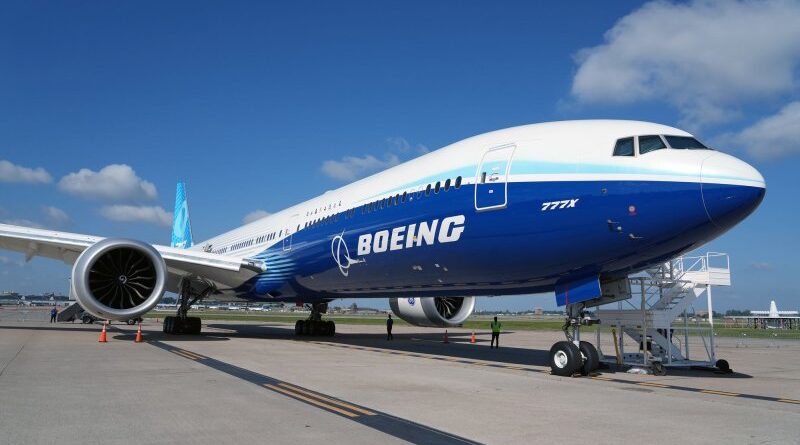Striking Boeing workers may have leverage, says pension expert Teresa Ghilarducci
Machinist workers striking against Boeing Co., Chicago, may have the leverage to potentially set a precedent in their demands for the company to restore its defined benefit plan, says Teresa Ghilarducci.
Ghilarducci, professor of economics at The New School for Social Research and the director of the Schwartz Center for Economic Policy Analysis and The New School’s Retirement Equity Lab, is a longtime advocate for retirement security. She said that companies like Boeing, where reliability and consistency are essential in high-stakes engineering roles, should like DB pension plans.
“They promote long-term commitment by assuring employees a stable retirement income, reducing turnover and helping retain critical skills,” said Ghilarducci.
The $16.3 billion Boeing Co. Employee Retirement Plan has been frozen to benefit accruals since Oct. 31, 2016, after being closed to new hires since Jan. 3, 2014.
About 33,000 Seattle-area machinist workers began a strike on Sept. 12 after rejecting a tentative contract agreement that included an increase in 401(k) plan matching contributions to 75% from 50% of the first 8% of the employee’s contribution. That’s according to details of the tentative agreement posted on the website of District Lodge No. 751, International Association of Machinists and Aerospace Workers, AFL-CIO.
“If Boeing—a prominent company in aerospace and manufacturing—reintroduces a DB plan, it could encourage similar moves at other major employers,” said Ghilarducci.
On Oct. 23, striking workers rejected Boeing’s latest contract offer, which included a company 401(k) match of 100% of the first 8% contributed, up from 75%, and a special guaranteed company retirement contribution of 4%.
“The elected negotiating committee of workers did not recommend for or against this particular proposal,” said Jon Holden, president of the International Association of Machinists and Aerospace Workers, District 751 and Brandon Bryant, president of IAM District W24in a joint statement at that time.
“After 10 years of sacrifices, we still have ground to make up, and we’re hopeful to do so by resuming negotiations promptly.”
Boeing’s combined DB assets were $48.9 billion as of Dec. 31, and its 401(k) retirement plan’s assets totaled $72.3 billion, according to regulatory filings.
A hill to die on
Lowell said he’d love to be a mediator in negotiations and believes the issues can be framed to bring the two sides together.
“To IAM: change the words. Don’t use the word ‘pension,’ but tell me what you want in your own words. Suppose I can get you that under a different label. Will you consider it?” Lowell asked. “To Boeing: What is your ‘have to have?’ You’re willing to spend 12% of payroll. If I can lock it in as closely to 12% as you can in the DC structure, will you consider it?”
Read more @pionline











